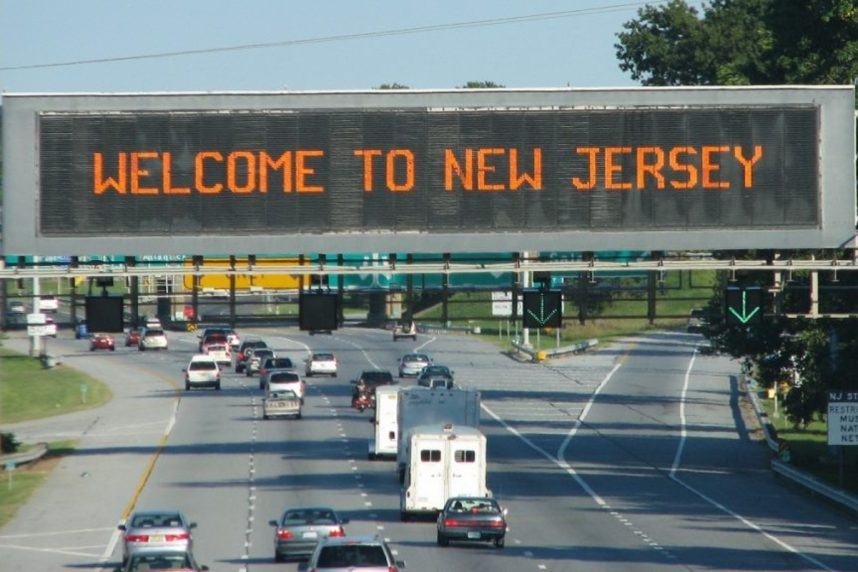[ad_1]
Posting Date: March 27, 20,24, 11h47h
Last updated on: March 27, 20,24, 12:08h
New Jersey is one out of only seven states to allow the operation of online casino slots and interactive table games.

Online casino platforms generated a lot of revenue in the Garden State. Record $1.92 Billion Last year, gross gaming revenue (GGR), which is the total amount of money generated by gambling, was $1.25 billion. John McKeon (D-Essex), a state senator in Trenton, believes the state should have a bigger share of iGaming revenues.
McKeon’s bill would also increase the state’s revenue share from online betting. McKeon recently introduced Senate Bill 3164. The statute has only one sentence and is short.
The bill states: “Increases tax rate on internet sports betting and online casino gaming to 30%.”
New Jersey has 30 licensed iGaming sites. The state also has 18 licensed online sportbooks.
All online gaming outlets are tied to a brick and mortar casino, and they share in the revenue through individual partnerships.
State Benefit
Michigan edged out New Jersey to become the richest iGaming State in the United States last year.
Online gambling is allowed in Michigan by the three commercial casinos located in Detroit, as well as federally recognized Native American Tribes who have Class III gaming agreements with the state. In New Jersey, commercial licensees run all iGaming operations and sports betting.
New Jersey taxes the gross gaming revenue (GGR) from iGaming. Online sports betting revenue will be taxed 13%.
In the last year, New Jersey’s share online gaming win About $288.5 millions was shared by online betting sites. Online gambling sites shared $125.6 million. If McKeon has his way, these numbers would have amounted last year to more than $577.9 million in iGaming revenue and $289.7 millions from online sports betting.
The Atlantic City casino industry is made up of nine casinosMcKeon’s Bill was immediately opposed. The casinos claim that they already share an important portion of their online gaming revenue with third-party operators such as DraftKings or FanDuel, and that higher taxes would further reduce their bottom line.
Since online gaming was deemed acceptable during the COVID-19 pandemic, New Jersey received more than $888.8 millions from iGaming. And $362.44 millions from online sportsbooks.
McKeon’s SB 3064 still hasn’t been assigned to an initial Senate committee.
Taxes are already too high
In 2021, the Casino Association of New Jersey — the trade group that represents the Nine resorts in Atlantic City — successfully convinced state lawmakers to remove iGaming and online sports betting from the calculation used to determine how much property taxes the casinos pay. Casino officials argued the casinos shouldn’t be required to pay property taxes on online money because these third-party operators are not physically present in Atlantic City.
The tax isn’t a true property tax, but is instead calculated through the casinos’ payment-in-lieu-of-tax (PILOT) program. This is part of the continued governance of Atlantic City by the state, which began in 2011.
The PILOT adjustment A legal challenge continues to rage Atlantic County argues that the amendment to the calculation violates an order. This mandate requires that the county receive 13.5% PILOT liability based upon brick-and-mortar and iGaming revenue, retail and online sports betting revenues, and iGaming revenue.
[ad_2]

